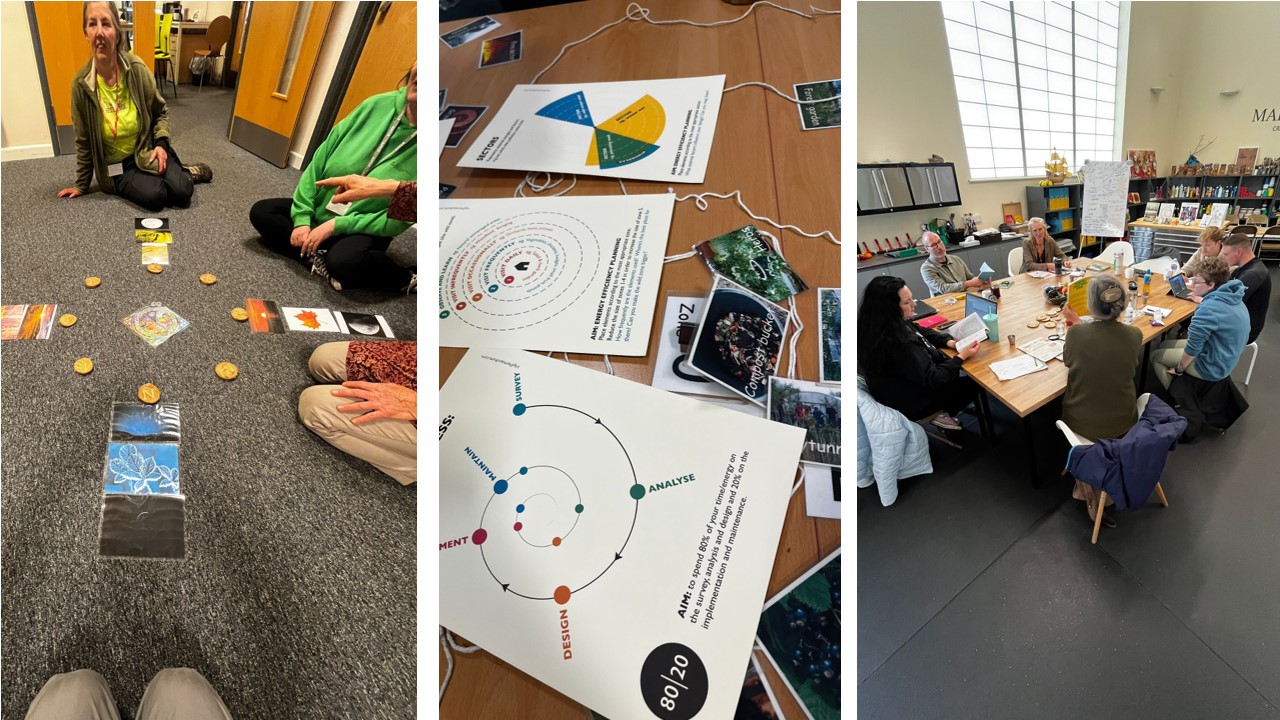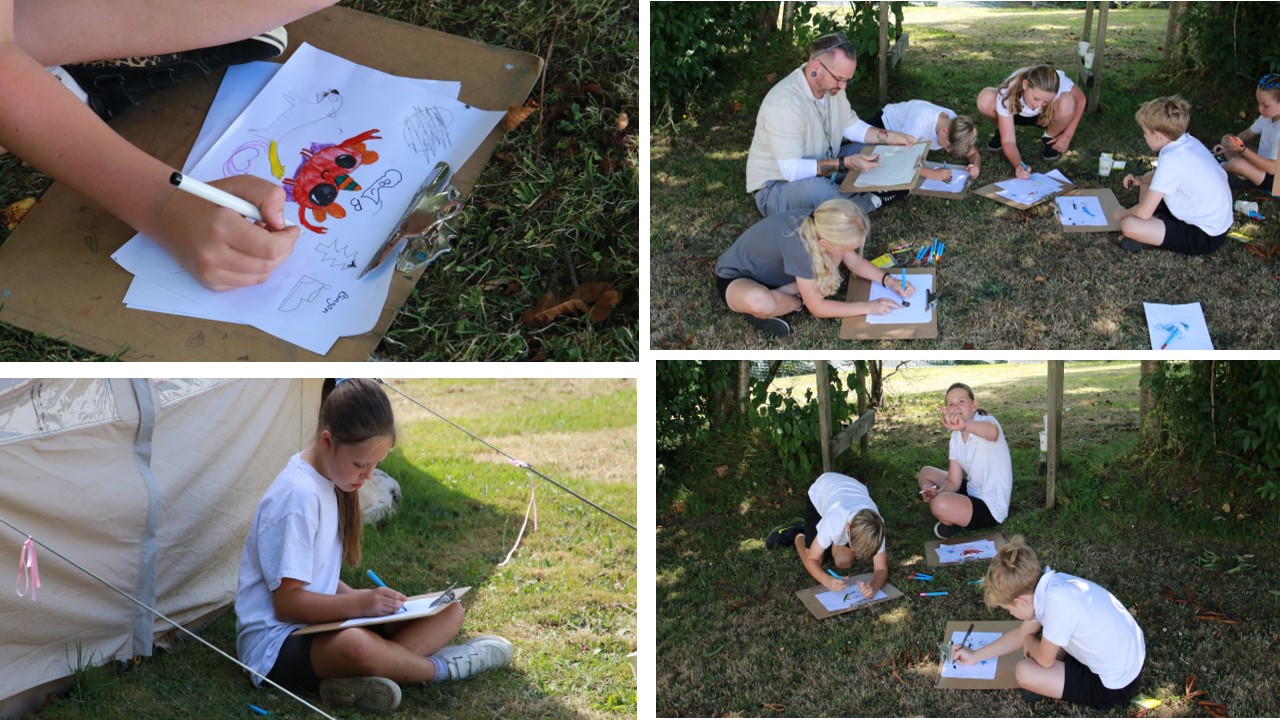Targeted Provision | A Village Of Curiosity
Getting back to connecting with nature and becoming more in tune with what it takes to become 'more human' again.
Our aspirational school curriculum is a key reason why parents choose to enroll their children at Mayflower Community Academy. It offers numerous opportunities to create unforgettable learning experiences that extend beyond mere knowledge acquisition. Our curriculum fosters connections among pupils and their families, allowing them to share meaningful learning events together.
However, for an increasing number of students worldwide, the mainstream curriculum alone is insufficient. It often falls short of providing the enriching experiences necessary for us to remain connected as human beings. We recognize a pressing need for more time spent in nature, as well as for opportunities to challenge ourselves through movement and collaborative learning experiences that emphasize social interaction and the joy of learning from both nature and one another.
In response to these needs, we have partnered with experts in permaculture to develop an extended program aimed at nurturing our students' sense of 'humanness' beyond the traditional classroom setting. This initiative will be known as our "Village of Creativity." It will engage the community and evolve into something truly special. We aim to return to hands-on learning, providing all pupils with pathways to progress in a variety of holistic aspects of their education.
The proposed extended provision is designed to enhance the mainstream educational offerings by specifically addressing the unique needs of students with Special Educational Needs and Disabilities (SEND). This initiative will introduce alternative learning activities that not only promote good attendance and aid in potential SEND assessments but also foster character development and a strong sense of belonging through hands-on experiences. Embracing the ethos of
"it takes a village to raise a child,"
the program will encourage collaborative projects that enhance well-being and strengthen connections to nature. Activities such as creating village songs, cultivating food gardens, participating in community service, and engaging in artistic performances will allow students and their families to forge lasting memories together. The guiding principles of this initiative will be rooted in permaculture theory, ensuring that the diverse needs of students inform a relevant and curiosity-driven curriculum.
The specific activities included in the provision will encompass a diverse range of hands-on learning experiences designed to engage students and foster their development. These activities may include:
- Gardening Workshops: Students will participate in planting, maintaining, and harvesting vegetables and herbs, learning about food sustainability and nutrition.
- Nature Walks: Regular excursions into local green spaces will promote well-being, mindfulness, and an appreciation for the environment, allowing students to connect with nature.
- Creative Arts Sessions: Activities will include music, dance, and art, where students can express themselves and collaborate on projects that reflect their experiences and emotions.
- Community Service Projects: Engaging in village clean-ups, helping local charities, or supporting community events will instil a sense of responsibility and belonging.
- Storytelling and Village Songs: Students will learn and create traditional stories and songs, fostering cultural heritage and community ties.
- Wisdom Circles: Regular sessions for sharing knowledge and experiences related to nature and life lessons, encouraging peer learning and emotional support.
- Physical Activity Days: Structured games and sports in nature to promote physical health and teamwork.
These activities will be designed to be inclusive, ensuring all students can participate and benefit from the experiences.
Potential Partnerships
Potential partnerships with local organisations can greatly enhance the extended provision by providing resources, expertise, and opportunities for collaboration. Here are some possible partnerships that our village elders will explore:
- Local Farms and Gardens: Collaborating with local agricultural organisations can provide students with hands-on experiences in gardening and farming, as well as access to fresh produce for workshops.
- Environmental NGOs: Partnering with environmental groups can facilitate nature walks, workshops on sustainability, and projects aimed at conservation and community education.
- Arts Organisations: Collaborations with local artists and performance groups can enhance creative arts sessions, offering students mentorship and opportunities to showcase their work.
- Community Centers: Working with nearby community centers can provide space for events, workshops, and community service projects, fostering a sense of belonging and engagement.
- Educational Institutions: Partnerships with local colleges or universities can facilitate mentoring programs, guest speakers, and access to additional educational resources.
These collaborations can create a supportive network that enriches learning experiences and strengthens community ties.
We are interested in mapping new partnerships and to focus our attention and create mutual impact. Here are some examples of successful partnerships in similar projects:
-
School-Community Garden Initiatives: Many schools have partnered with local farms or gardening clubs to create community gardens. For example, a school in Massachusetts collaborated with a local farm to establish a garden where students learnt about sustainable agriculture while growing food for the school cafeteria.
-
Environmental Education Programs: In California, schools have worked with environmental NGOs like the Sierra Club to integrate outdoor education into their curriculum. These partnerships led to hands-on projects like habitat restoration and wildlife monitoring, significantly enhancing students' understanding of ecology.
-
Arts in Education Collaborations: The "Creative Schools" initiative in the UK connects schools with local artists and arts organisations, providing students with opportunities to participate in workshops and performances. This collaboration not only enriches the curriculum but also allows students to express themselves creatively.
-
Mentorship Programs with Universities: Some schools have partnered with local colleges to create mentorship programs where university students assist in classrooms and lead workshops. This model has been effective in bridging the gap between educational levels while providing students with role models and additional support.
These examples highlight how partnerships can enrich educational experiences and foster community involvement.
Want to get involved...
We have a rigorous system for signing up new volunteers. If you would like to support our 'Village Of Creativity' and become a volunteer, do let us know via contact us section of this website or via email: school.office@mayfloweracademy.co.uk
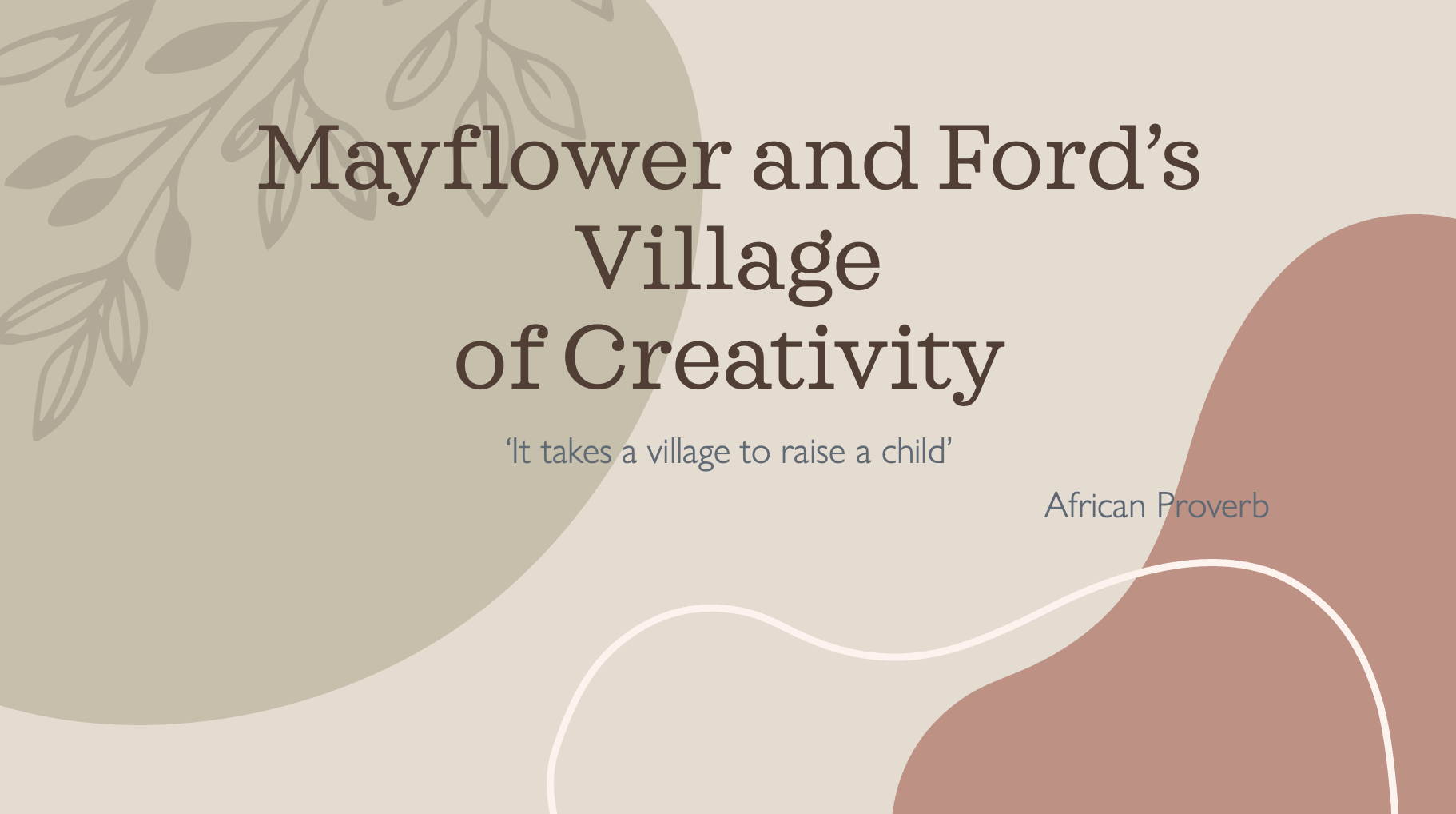
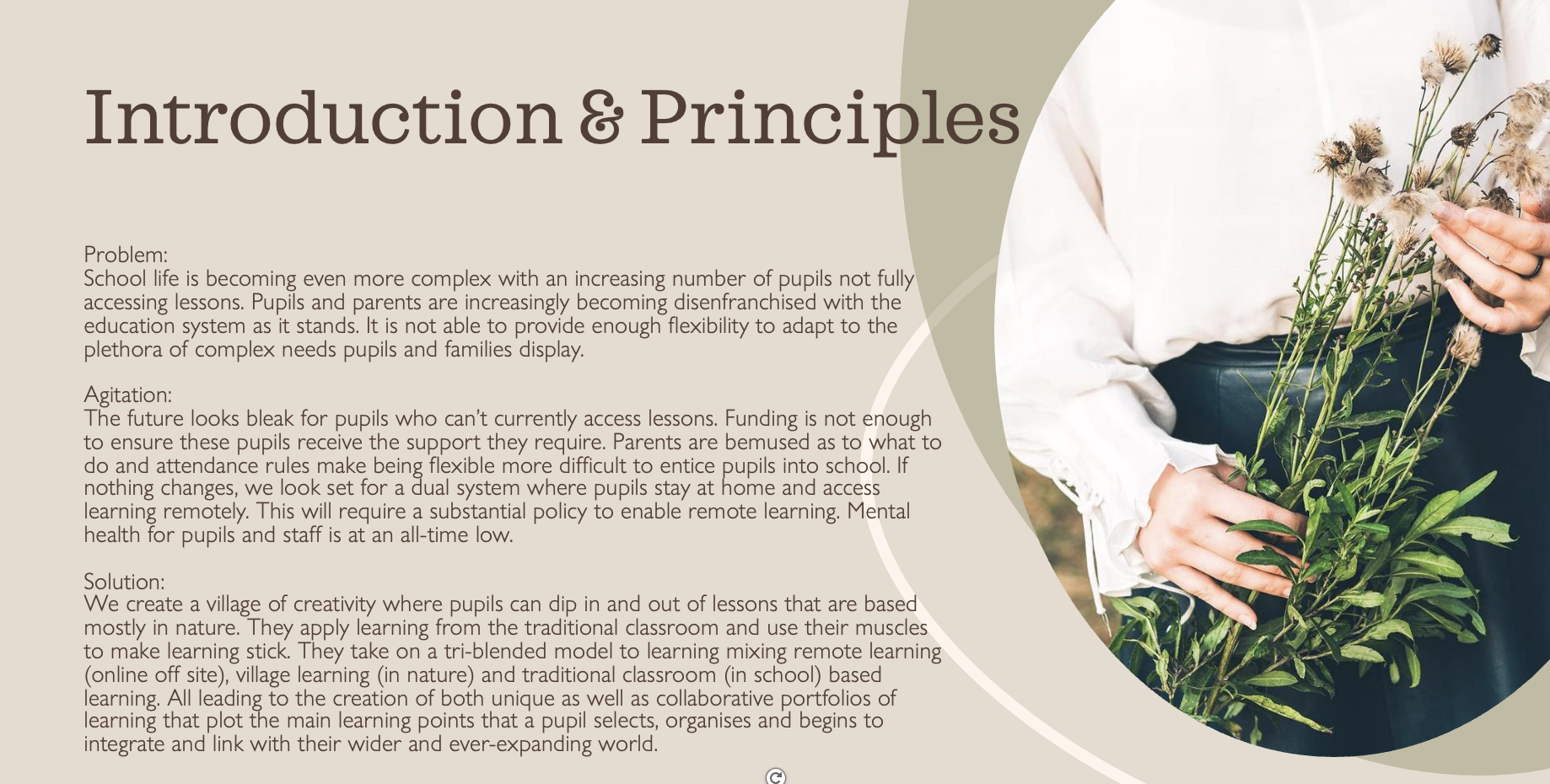
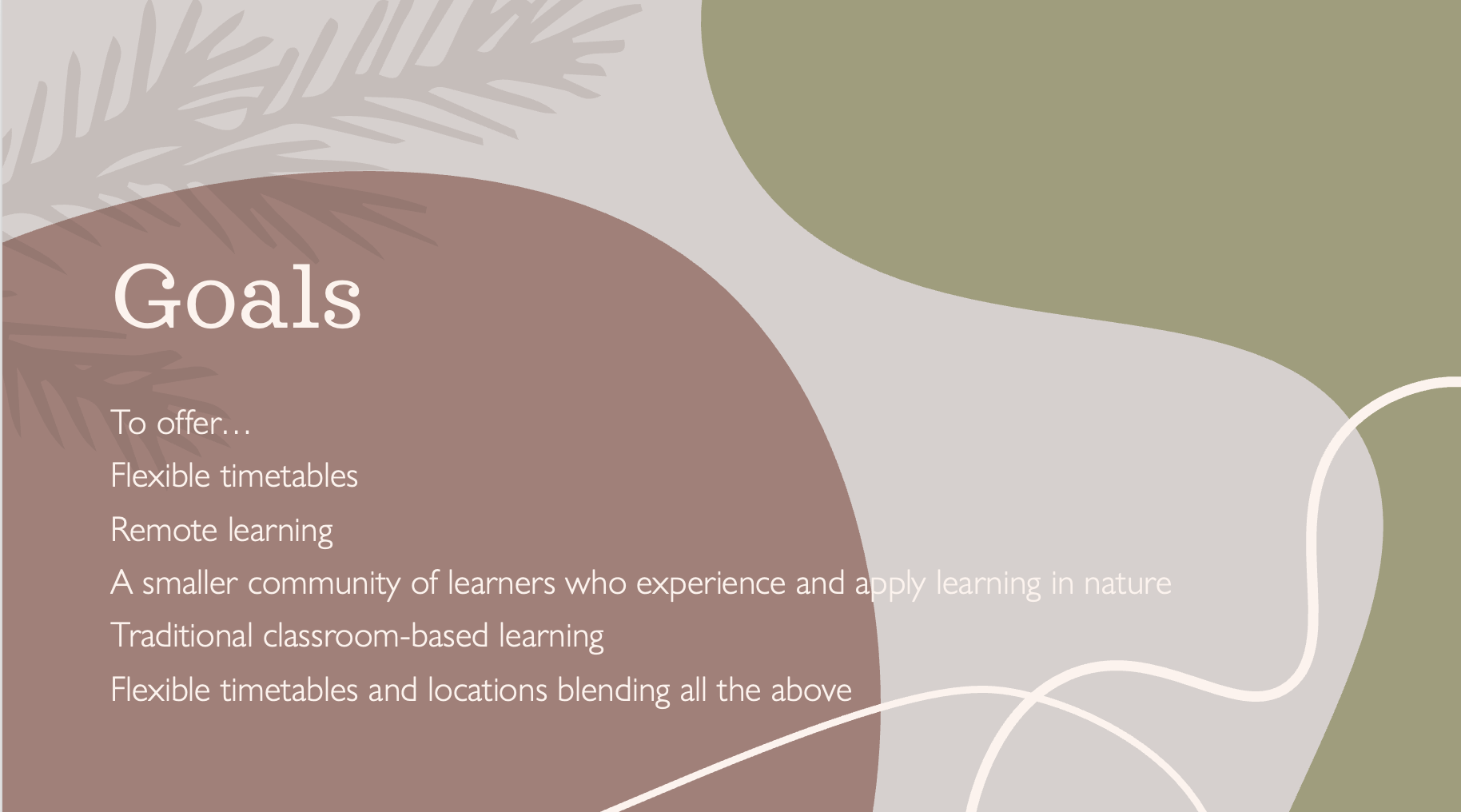
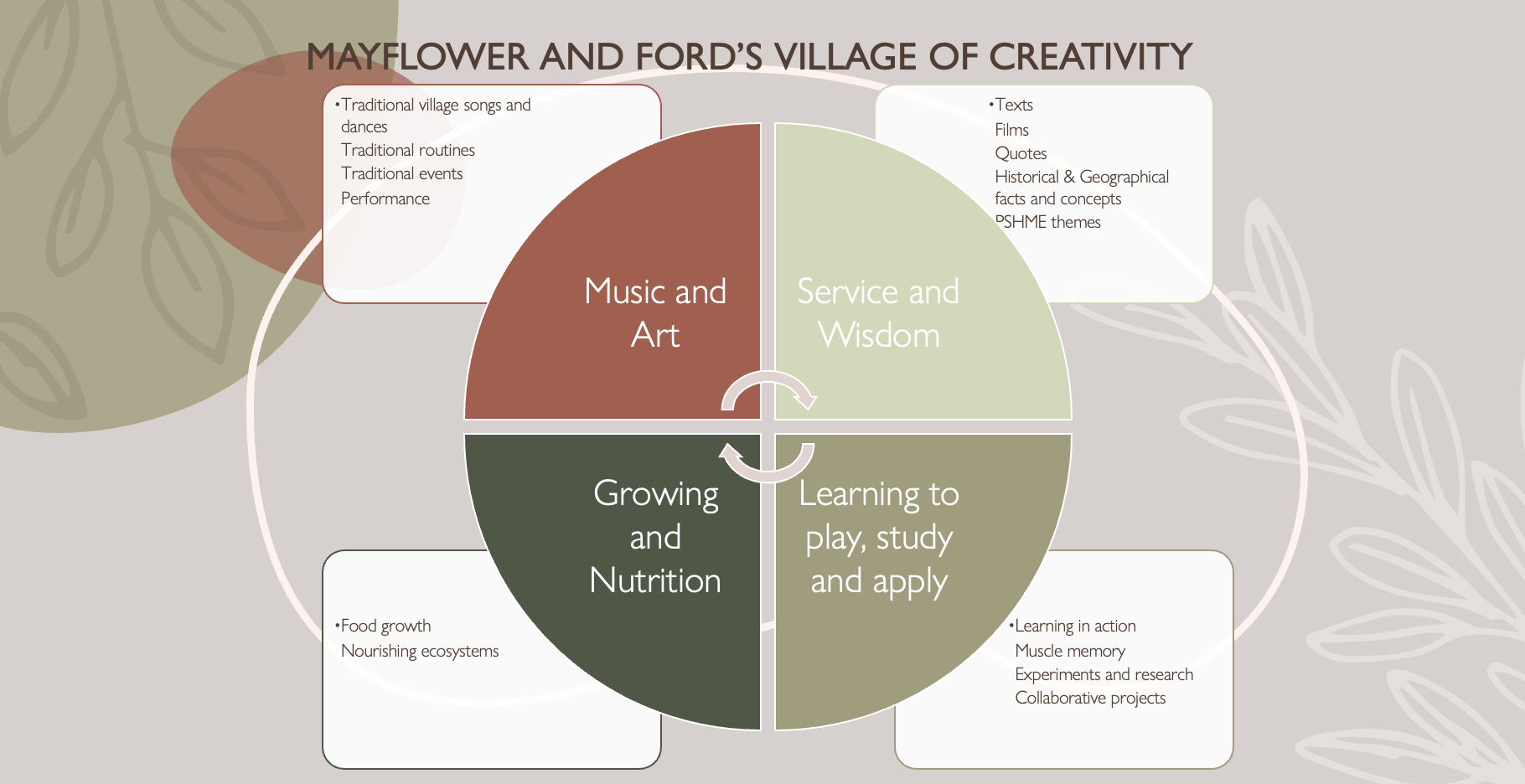


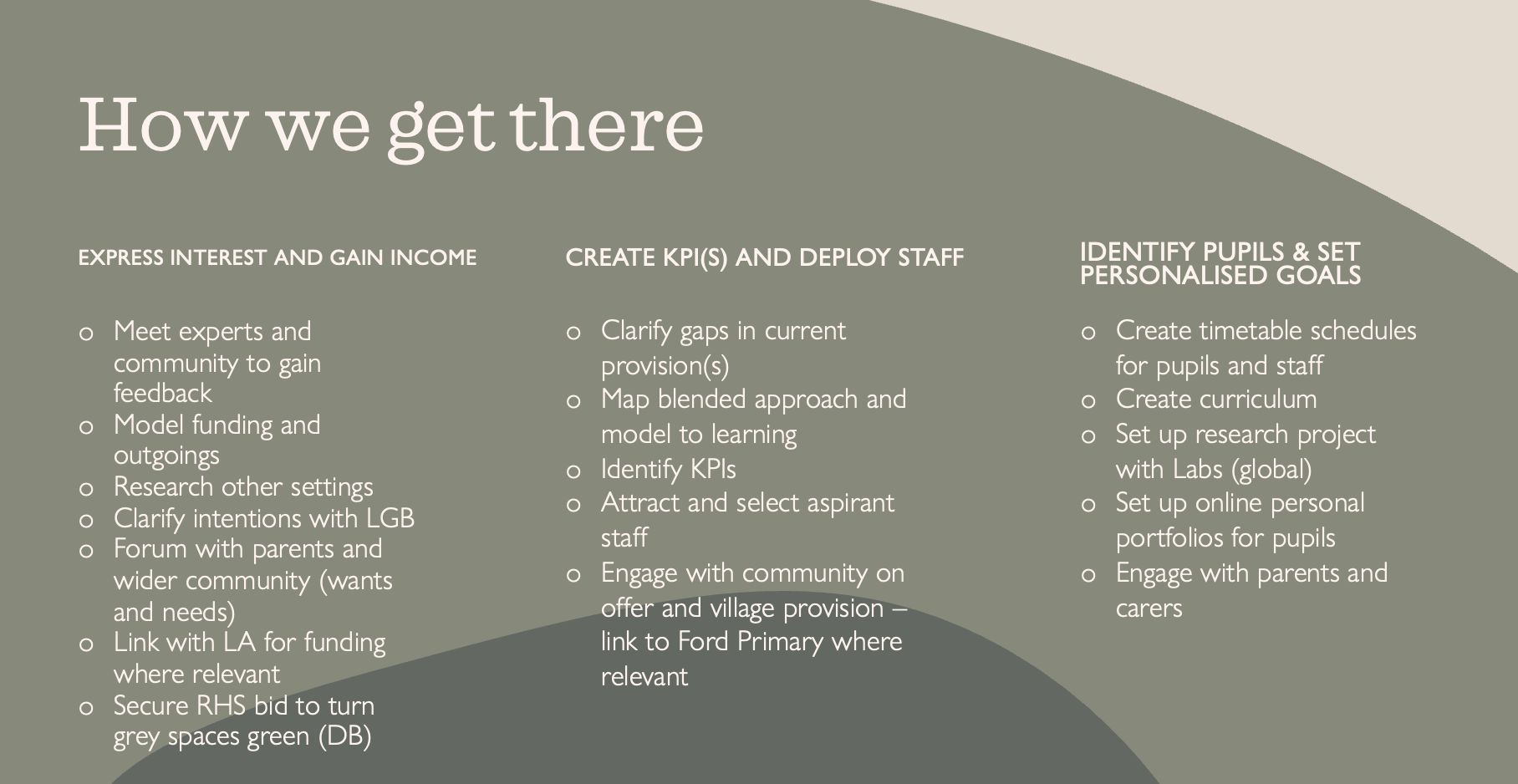
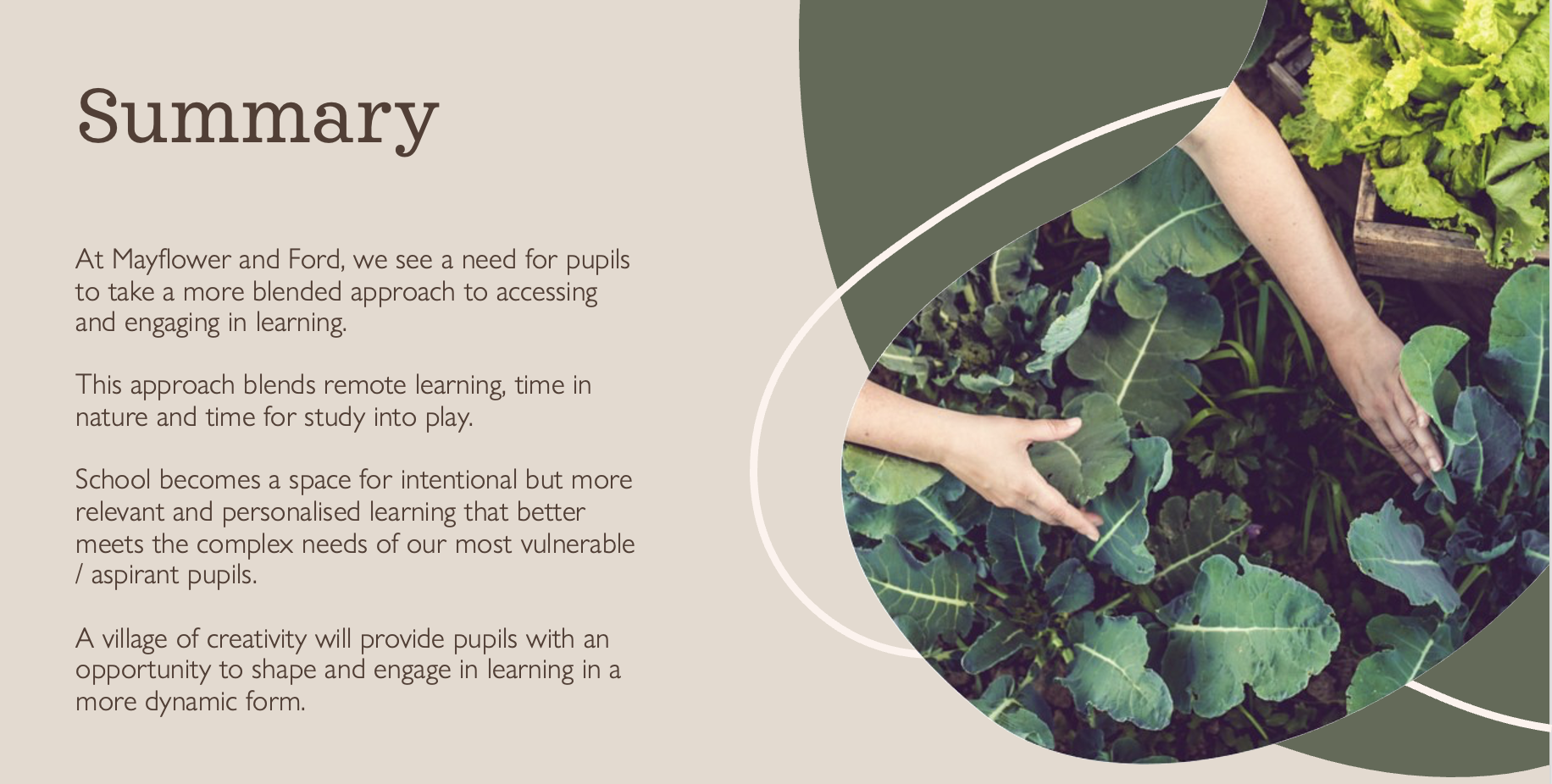
FAQs
Question and Answer Session between Pupils and Mr. Sammels
Q1: What is the purpose of the new extended provision?
Mr. Sammels: The extended provision aims to support all pupils, but especially those who demonstrate Special Educational Needs and Disabilities (SEND). It plans to do so by offering alternative learning activities that foster engagement, attendance, and a sense of belonging. It’s all about ensuring every student has the opportunity to thrive.
Q2: How will this provision help us connect with our community?
Mr. Sammels: This initiative emphasises collaboration, encouraging projects that involve families and local organisations. By working together on activities like community service and gardening, we strengthen our ties and create lasting memories.
Q3: What types of activities will be included in the program?
Mr. Sammels: We will offer hands-on experiences such as growing food, developing village songs, participating in artistic performances, and engaging in community service. These activities are designed to be inclusive and promote well-being.
Q4: How does this program align with the school’s values on inclusion?
Mr. Sammels: Our program is rooted in the belief that every student deserves access to meaningful learning experiences. By tailoring our approach to meet diverse needs, we ensure that all students can participate and benefit from their education.
Q5: How will you measure the success of this provision?
Mr. Sammels: Success will be measured through various means, including student attendance, participation rates in activities, feedback from students and families, and assessments of social-emotional development.
Q6: Will families be involved in the learning process?
Mr. Sammels: Absolutely! Families will be encouraged to participate in activities, support their children’s learning, and engage with the school community. Their involvement is crucial to the success of the program.
Q7: What role will nature play in our learning experiences?
Mr. Sammels: Nature will be a central theme in our curriculum. Through activities like nature walks and gardening, students will connect with the environment, which is essential for their well-being and personal growth.
Q8: How does this provision promote our personal development?
Mr. Sammels: By emphasising hands-on learning and collaborative projects, the program fosters skills such as teamwork, communication, and creativity, all of which are vital for personal development and preparing for future challenges. Staff will link with experts who have skillets in the theory of learning both with and in nature to set guiding principles to work toward and measure our development.
Q9: Will there be opportunities for creative expression?
Mr. Sammels: Yes. We will incorporate arts into this and value performance and making as essential elements of our edu life.
Q10: How will this program evolve over time?
Mr. Sammels: The program is designed to be flexible and responsive to the needs of our students and the community. We will continuously gather feedback, assess its impact, and adapt our offerings, ensuring that we meet the changing needs of our learners as we modernise our school’s educational approach. We plan to link pupils and families from across Mayflower, Ford and PL2 as a postcode - providing a service that connects us around making - nature and learning through collective wisdom.
Watch our provision evolve...
A thorough review of our Mayflower and Ford sites has taken place to identify where we can enhance our offer for village life and contact with nature. Below are a series of entries detailing this process and how each area develops as a wider offer for pupils and their families. Engaging with experts in permaculture will provide crucial touch points for staff and community to gain wider guidance, feedback and help us as a community to plot and implement a provision that best serves pupils whilst staying as close to possible to permaculture humans in / with nature design.
Permaculture Elders | Experts
https://www.plymouth.gov.uk/devonport-park
Tess Wilmot | Permaculture Designer
Permaculture Elders | Experts
Daisy Proctor | Natural Infrastructure Officer
Staff training in action
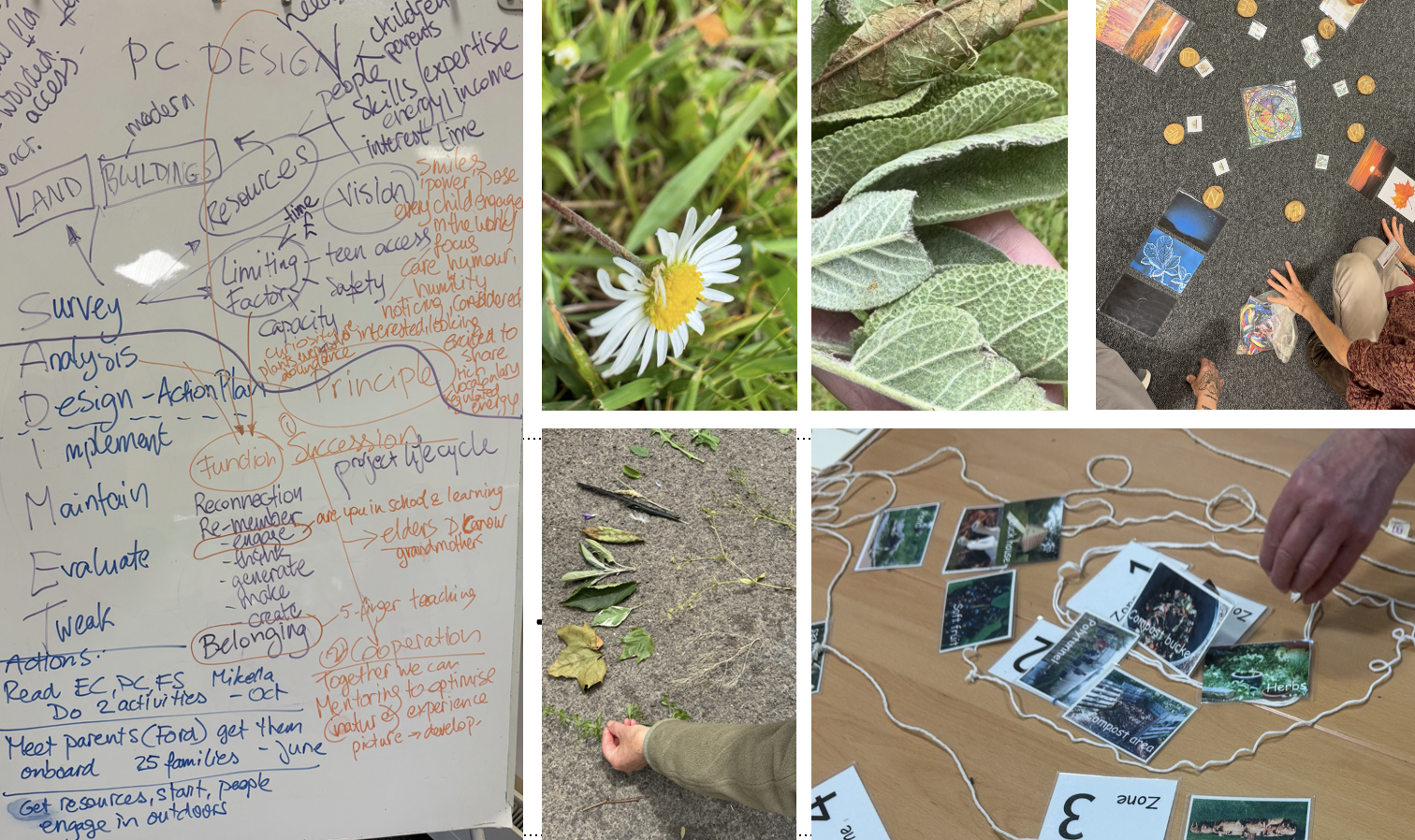
To be surrounded by like-minded people exemplified the true vision behind the Village of Curiosity. Together we can...build a village
Our Permaculture Promises
|
Promise |
Simple |
Deeper |
Philosophical |
|
1. Speak kindly, even with big emotions |
What kind words do you like to hear when you’re upset? |
How does kindness change the way people feel inside? |
Can kindness still be strong when you feel angry? |
|
2. Listen with respect |
How do you know when someone is really listening to you? |
Why does listening carefully help people feel valued? |
If nobody listened, what would the world lose? |
|
3. Help each other |
When was the last time someone helped you? |
How does helping others also help you? |
Is it more powerful to build something alone or together? |
|
4. Use hands, feet, and words for good |
What are some ways we use our hands and feet to help? |
How do our actions show who we are? |
Can words and actions shape the kind of story people tell about us? |
|
5. Take responsibility and apologise |
When have you said “sorry” and meant it? |
How does taking responsibility help others trust you again? |
Does saying sorry always mean you’ve really changed? |
|
6. Be honest and trustworthy |
What does it mean to be honest with your friends? |
Why does honesty build trust in a group? |
What happens to a community when truth is missing? |
|
7. Look after space, tools, and nature |
How do we take care of the tools we use? |
Why is caring for nature also caring for ourselves? |
If the land could speak, what would it say about how we treat it? |
|
8. Stay calm and grounded |
What helps you stay calm when you feel upset? |
How does your calmness help other people around you? |
Is calmness a kind of strength? |
|
9. Stand up for what’s right |
When have you seen someone do something unfair? |
What could happen if we stay silent when something is wrong? |
Is standing up for what’s right always easy—or always worth it? |
|
10. Grow together, learning with open hearts |
What’s something you’ve learned from a friend this term? |
How does curiosity help us learn from others? |
Why might learning together be more powerful than learning alone? |
Beginning to create a permaculture toolkit. Be honest and trustworthy
1. Speak kindly, even with big emotions

2. Listen with respect
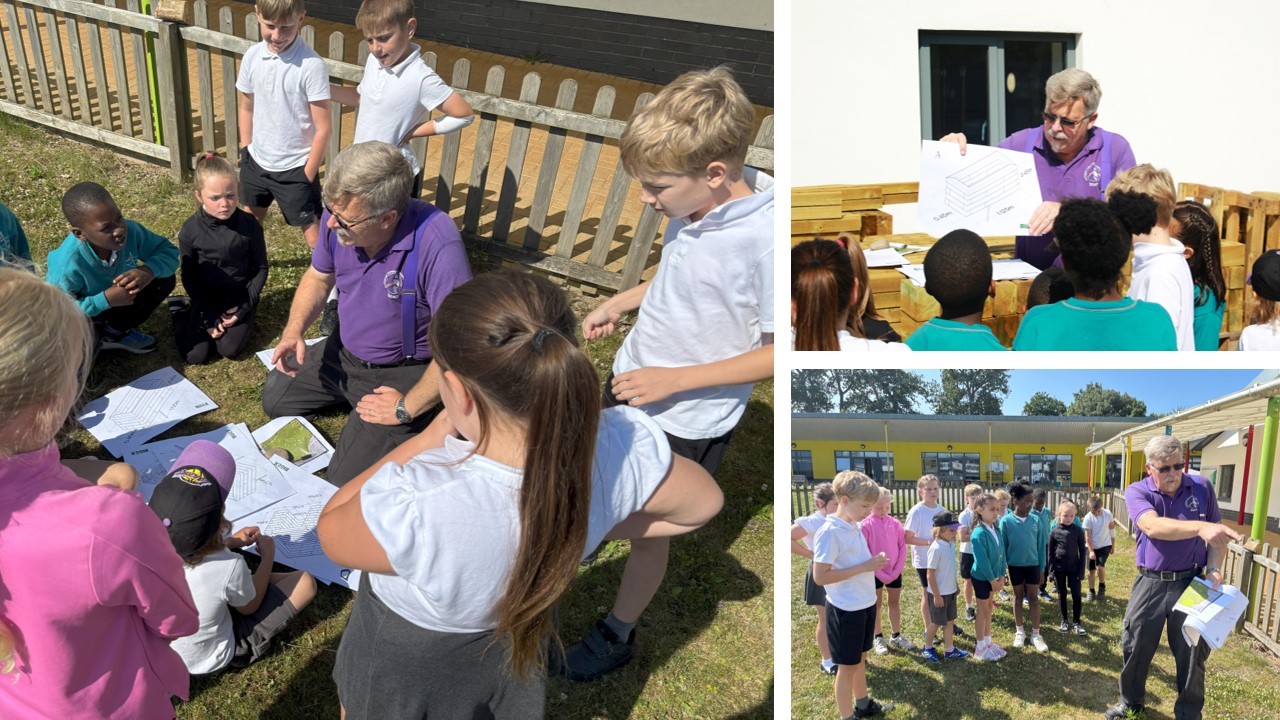
3. Help each other
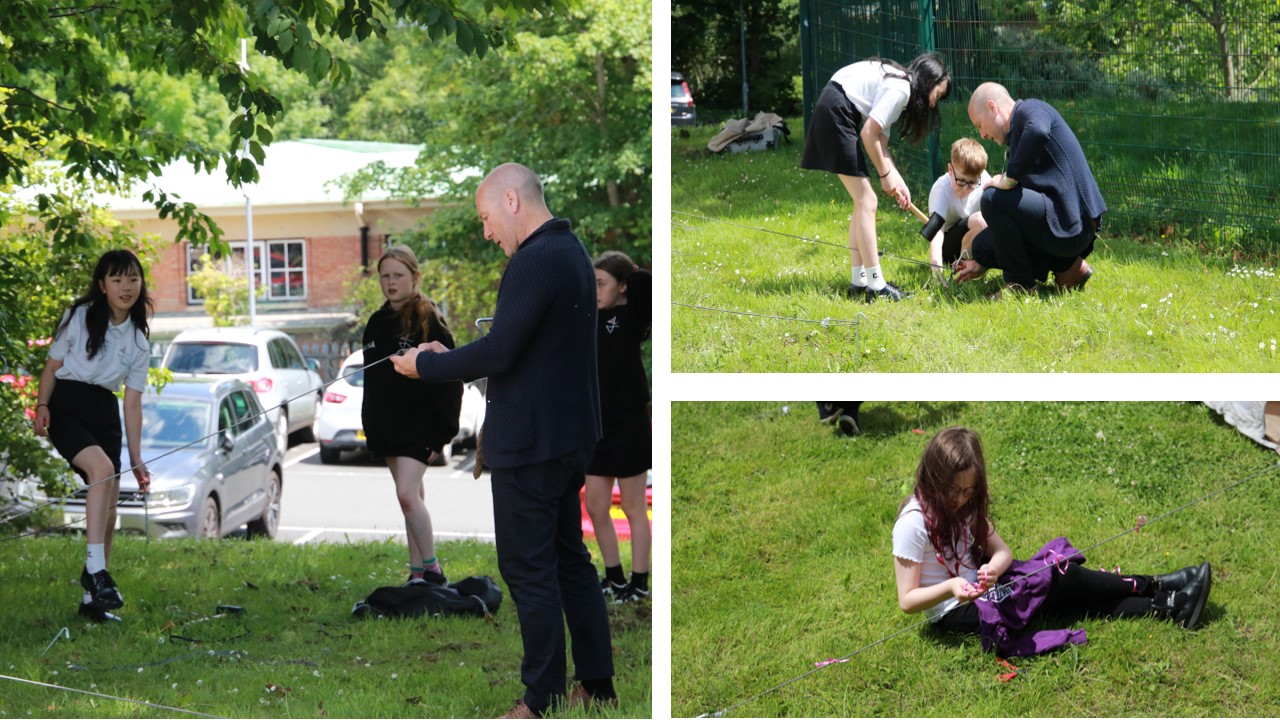
4. Use hands, feet and words for good
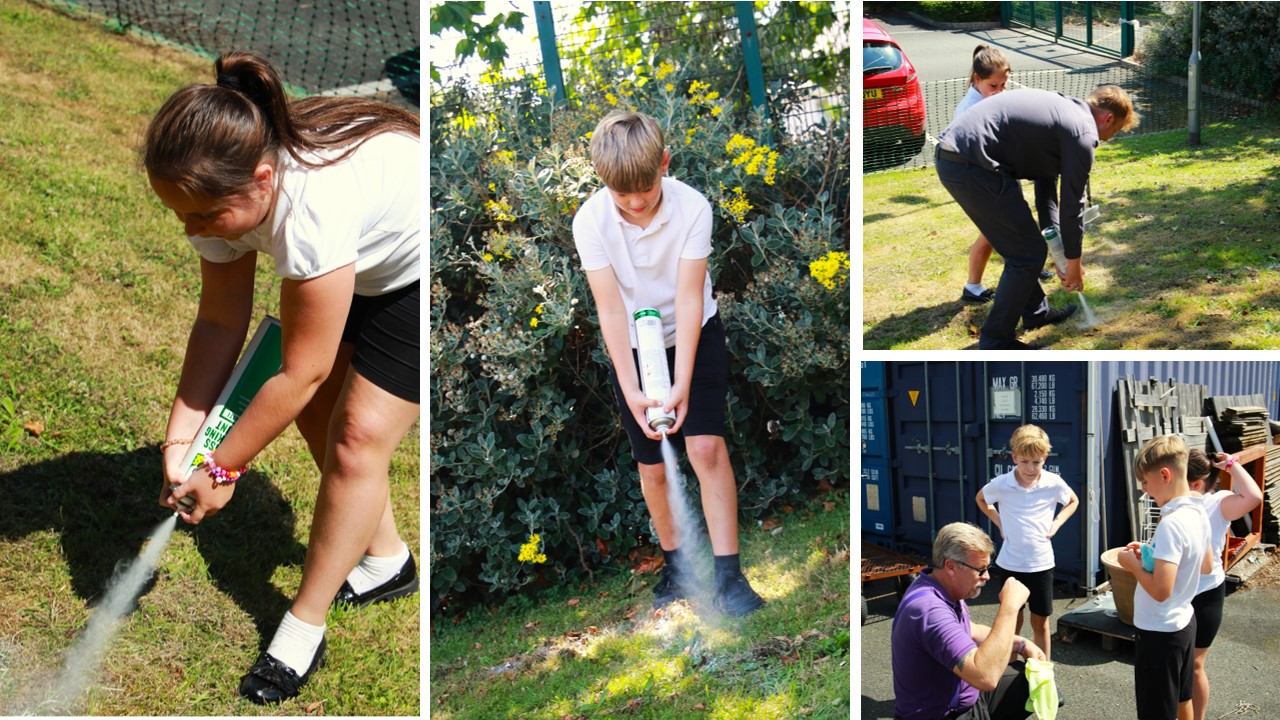
5. Take responsibility and apologise
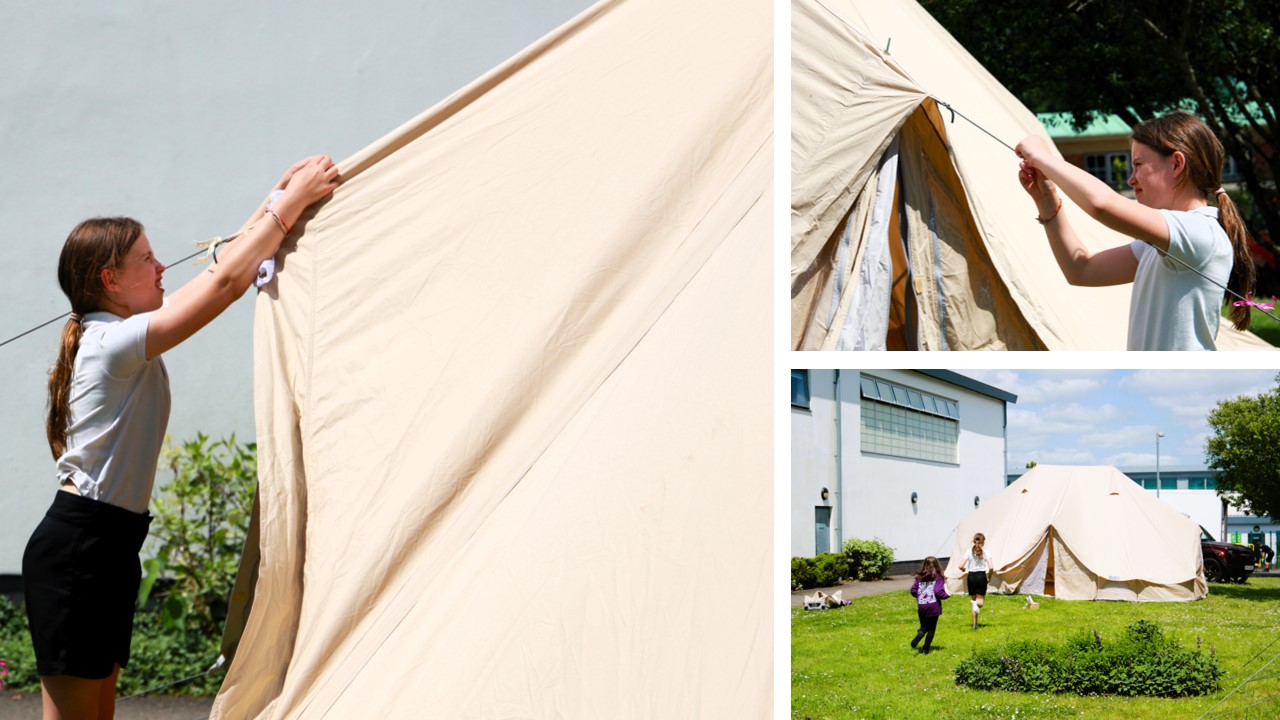
6. Be honest and trustworthy
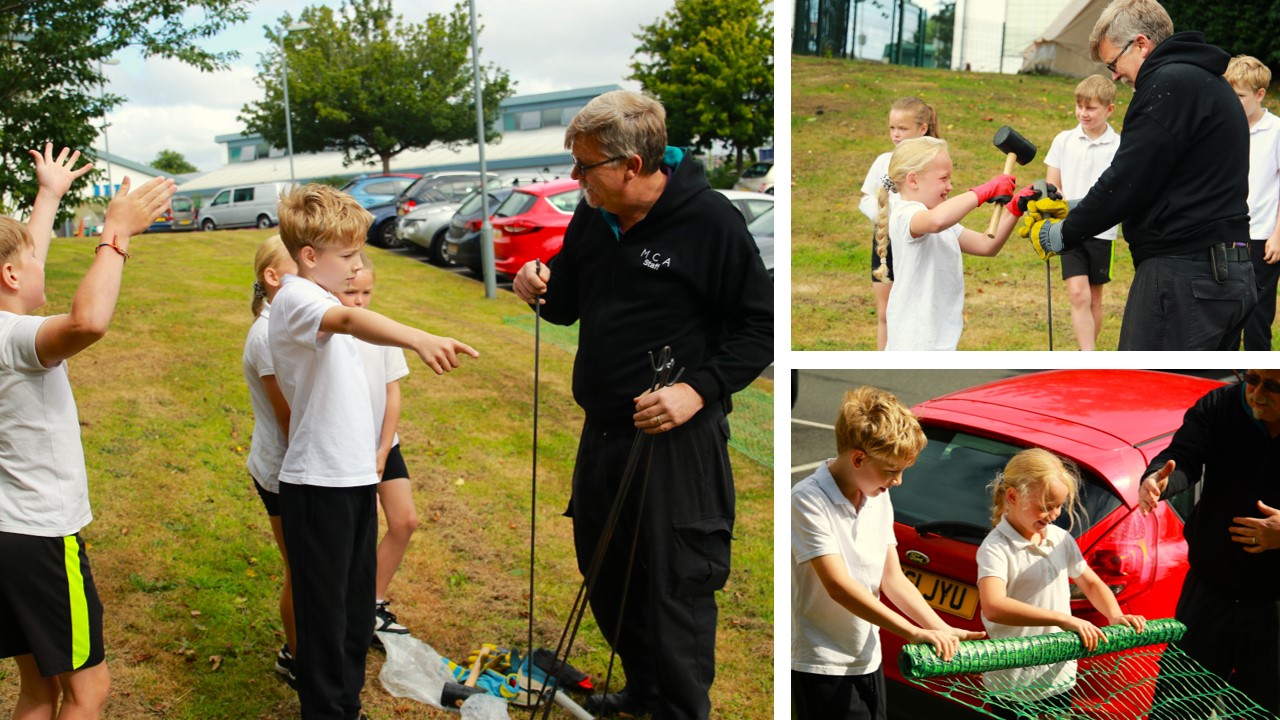
7. Look after space, tools and nature
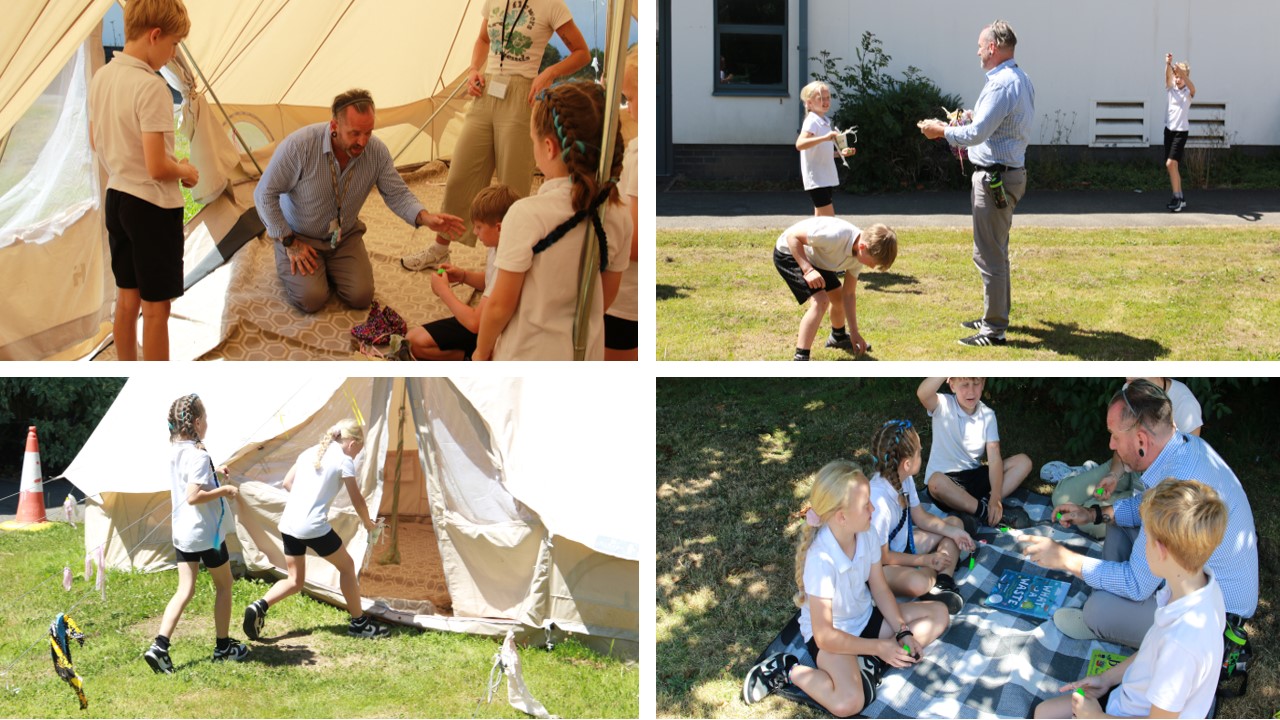
8. Calm and Grounded
9. Stand up for what's right
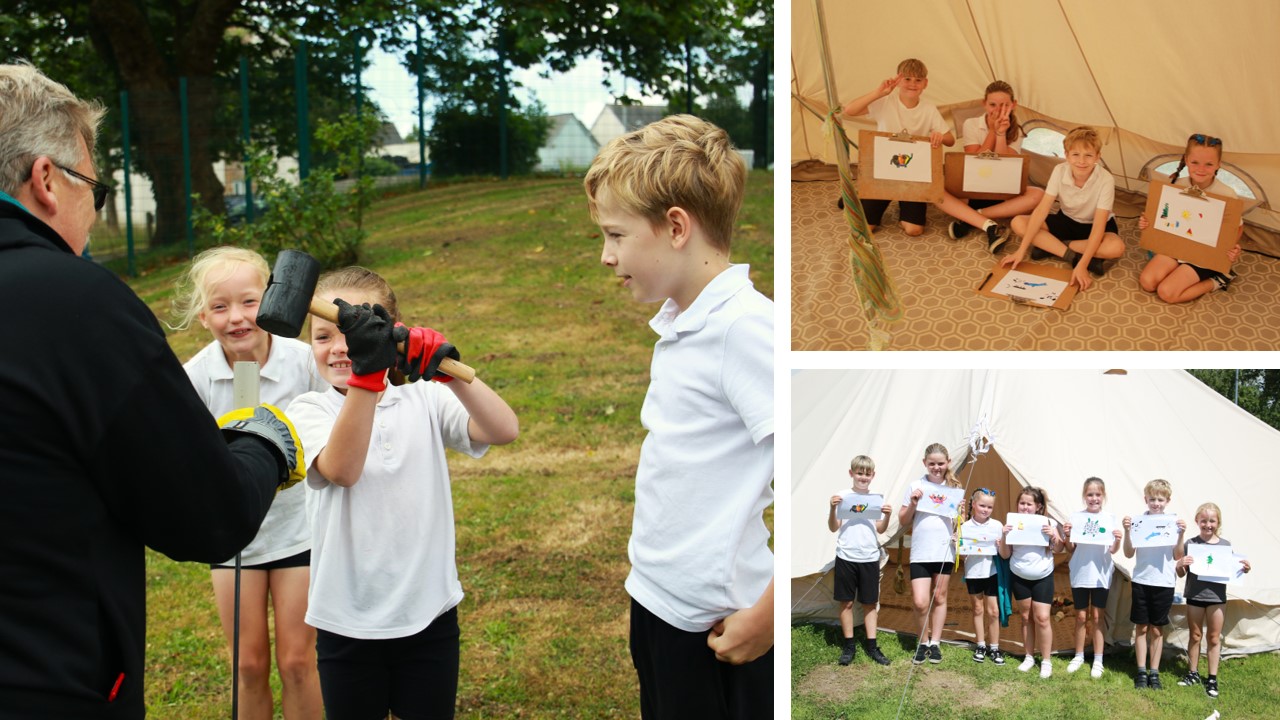
10. Grow together, learning with open hearts
